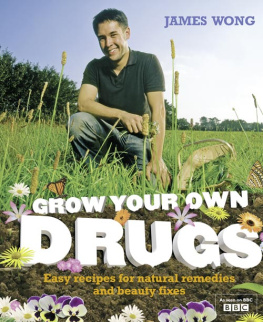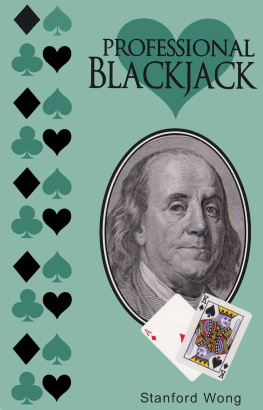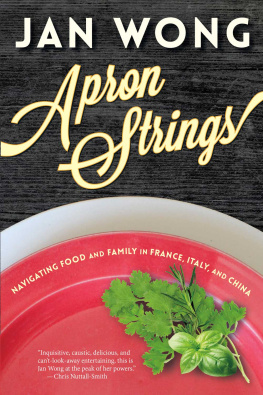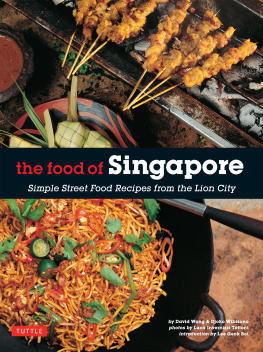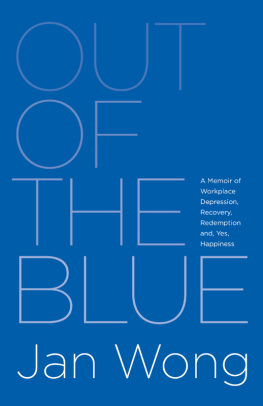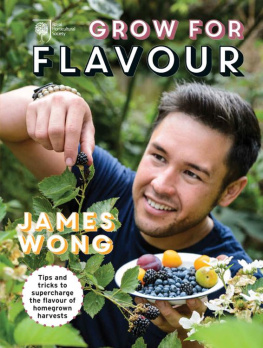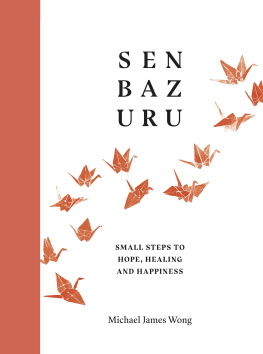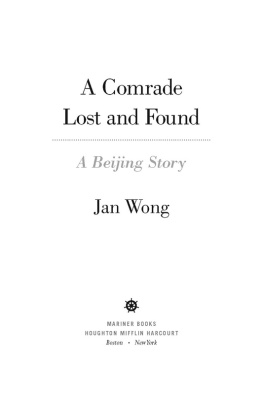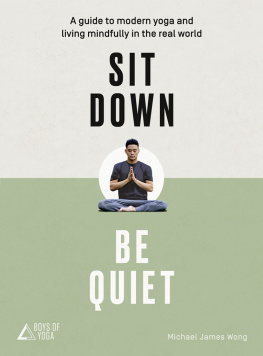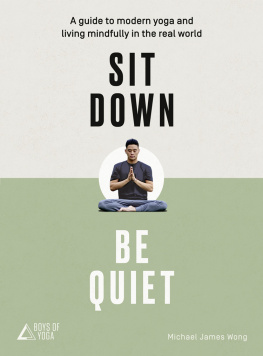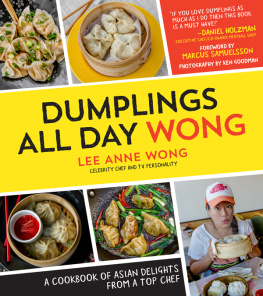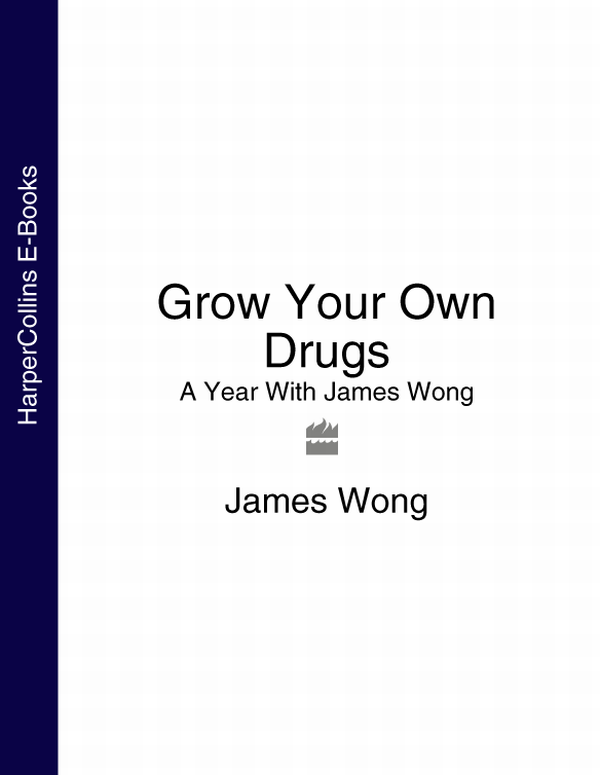

Ethnobotanist might not be the catchiest of job titles, and is guaranteed to incite confused looks on immigration forms, but though it sounds techy it describes what is in my admittedly biased opinion the most exciting, rewarding job in the world.
Once you start thinking about plants as solutions to problems in life, not just as a colourful backdrop to it, then even the dullest supermarket car park, council roundabout or urban front garden is transformed into a repository of fascinating chemicals, with direct genetic links to peoples and far-flung lands all over the world. And the best thing about it is that everyone can take part, simply by sprinkling a couple of seeds in a pot, raiding the local hedgerows or even foraging the shelves of the local supermarket.
Whether we know it or not, we rely on plants to provide almost everything around us: the food we eat, the clothes we wear, the medicines we take and without sounding too eco about it the very air we breathe. A leaflet from the Eden Project has a wonderful way of putting this: every material thing that is not mined, it says, is grown, a point that makes the relevance of plants to everyday life suddenly very clear. How exciting, how adventurous it is to discover for the first time the great impact plants have on us all. With so many of the big questions in life now answered, the wildernesses mapped and the mysteries solved, the amazing, undiscovered uses of plants seem to me to be one of the last great fields of exploration. Even after centuries of study, we still dont know exactly how many plant species exist, and with the best estimates hovering at over 300,000, there is no end to the potential for them to shock, surprise and delight us.
There is a tendency to think that the use of plants for medical purposes is something from history, making for an interesting anecdote rather than cutting-edge science. The reality could not be further from the truth. The worlds largest and most lucrative pharmaceuticals market is the United States, where 70% of new medicinal drugs have been developed from natural sources. It is clear that we as a species are as reliant on the world of plants as we have ever been: plants are being used to create space-age plastics, ozone-saving biofuels, living pumps for drawing toxins out of soils contaminated by industry, and even giant underwater islands of seaweed to protect tropical coasts from tsunamis. Far from being over, our relationship with plants has only just begun.
And heres the great news: to take part in the revolution, all you need is a bit of earth, a pack of seeds and a tiny bit of know-how. You dont even need a garden: the concoctions wont mind where you source your ingredients. The backyards of friends and neighbours are my favourite source for botanical raw material; youll be surprised how generous people will be when promised a jar of sticky sweet winter tonic or fragrant body scrubs in return for a few leaves and twigs. Newbies need not worry too much, either: simply follow a few hard and fast rules and make sure you know what you are picking and how to use it.
In this book, I hope to provide you with a complete tool kit that will get you off to a great start. Before you know it, youll be tinkering away like a botanical Willy Wonka, mixing, matching and creating all manner of homespun goodies from the plants growing all around you.
Good luck and have fun!


If some glossy cosmetics ads with their slick marketing spiel are to be believed, the makers of natural remedies must trek up the Amazon to find the rarest botanical ingredients, then prepare them in state-of-the-art laboratories belonging to huge Swiss institutes. So it is entirely understandable why so many people are daunted just by the idea of making home remedies. Fortunately, the romantic stories of marketing men, though they might make for beautiful TV adverts and entertaining reading, are very far from the truth.
More than three-quarters of the world relies on plants as the primary form of healthcare, and plant-based remedies have evolved as cheap, simple and easy-to-prepare solutions for people with very little time, resources or money. It is for this reason that I passionately believe plant-based remedies to be as relevant for our society as they are for shamans in the Andes or farmers in Malaysia. The average kitchen in the United Kingdom is infinitely better equipped than my grans back in Borneo, where she would effortlessly whip up all manner of lotions and potions in mere minutes, from what were effectively the hedge trimmings out of the back garden. With mod cons like blenders, microwaves and dishwashers at our disposal, it is much quicker and easier for us to rustle up a recipe no matter how domestically challenged we think we are. In this section I reveal a few tricks of the trade, which I hope will help demystify the growing side of things, and a couple of simple rules to ensure flawless concoctions every time.
It never fails to surprise me how many people seem utterly convinced they have some kind of superhero-like ability to kill plants. Please dont worry: pruning techniques neednt be perfect, and cultivation doesnt need to be absolutely spot on to get a plant to thrive well. In fact, to my mind the single most important rule in gardening, and one which is hardly ever mentioned, is that it is in a plants own interest to grow. Plants have been around for millions of years without any help from humans and have independently evolved a huge range of ingenious strategies to cope with even the harshest conditions. As long as you place them in an environment that roughly matches the conditions they originally come from, they honestly are quite happy to take care of themselves with little or no intervention from green (or not so green) fingers. In this section, I outline exactly how to identify your garden type trust me, this is much more straightforward than it sounds! and which plants are most likely to succeed in the conditions you have. If you get these two bits right, thats half the battle won.
As for herb plants, its a wonderful coincidence that these happen to be the easiest of all plants to grow. Having originally evolved as weedy species that spring up on any piece of disturbed ground, they are perfectly happy to put up with all kinds of punishment, with many thriving on pure neglect.
If youve ever planted mint, lemon balm or feverfew, for example, youll know that as soon as theyre in the ground they spread rampantly, colonizing any bare earth and even cracks in the pavement. They wont need anything more than the occasional hacking back, giving you limitless handfuls for flavouring foods, concocting remedies and crafting cosmetics.
To transform your backyard clippings into a whole range of natural remedies, I also hope to demystify words like tincture, decoction and salve, showing you how these can all be knocked up with only a few minutes effort, with results rivalling anything to be found on the shelves of even the most upmarket health food shops and cosmetics counters.
GROWING
GROWING YOUR OWN PHARMACY
If youve never made a recipe in your life before, this book is a great place to start. And if youve never grown a plant before, even better. I want to cast away the dusty stereotypes that too often surround gardening, and in particular herbal remedies, and show you just how easy it is to get out there and start cultivating your very own living pharmacy even if you are convinced you are a non-gardener. With just a couple of clippings from your backyard, you can create simple remedies for everyday ailments, spa-like beauty treatments and other practical products that bring a shine to furniture, scent to your home, or even get rid of your cats fleas.
Next page
